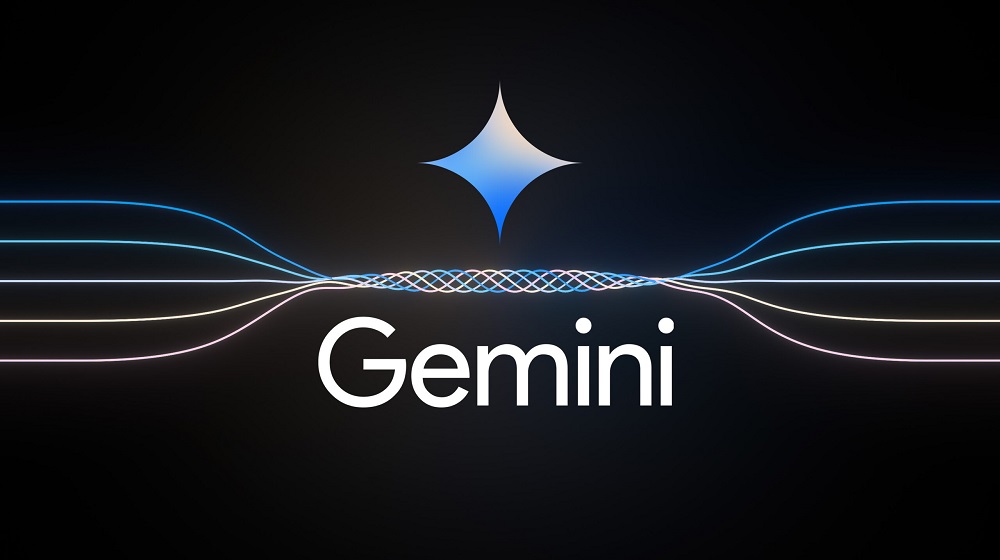Google has officially launched Gemini, its most powerful and largest AI model to date, putting an end to months of speculation and rumors. The launch was announced by the company in a virtual event on Wednesday.
The model, the company said, is also their most flexible yet, and will be able to run on everything from data centers to mobile devices. It comes in three sizes to cater to various tasks: Gemini Ultra, the largest and most capable, set to debut next year for handling highly complex tasks; Gemini Pro, a mid-tier version that will power different Google products and services; and Gemini Nano, the smallest version optimized for on-device tasks, running natively and offline on the Google Pixel 8 Pro.
Google’s AI chatbot, Bard, now uses a fine-tuned version of Gemini Pro for “more advanced reasoning, planning, and understanding.” The model will also be available in other Google products; including Search, Ads, Chrome, and Duet AI, over the next few months. Google plans to launch an advanced version of Bard early next year that will be powered by Gemini Ultra. The company did not share any specific details on whether it would charge users for access of the advanced version.
Gemini Nano, the smallest version of company’s latest AI model now powers some features in Pixel 8 Pro, marking it as the first phone to run Gemini.
Gemini Pro will be available for developers to use in their apps through Gemini API in Google AI Studio or Google Cloud Vertex AI, from December 13.
Speaking about the model, Demis Hassabis, CEO and Co-Founder of Google DeepMind, said that it was built from ground up to be multimodal, “which means it can generalize and seamlessly understand, operate across and combine different types of information including text, code, audio, image and video.”
However, the multimodal capabilities of Gemini, enabling it to work with text, images, audio, and video, will only be available in Gemini Ultra. The other two models can currently only handle text.
Commenting on the launch of Gemini, Google’s CEO Sundar Pichai, said, “This new era of models represents one of the biggest science and engineering efforts we’ve undertaken as a company.”
The launch comes almost eight months after Google introduced its AI chatbot, Bard, in an attempt to compete with OpenAI. Since the debut of ChatGPT, the AI chatbot by OpenAI, Google has been trying to play catch up with the AI firm that has experienced significant growth in valuation, size, and user base, and poses a serious threat to search giant’s core business.
In its blog post announcing the launch, Google said Gemini Ultra’s performance exceeds “current state-of-the-art results” on 30 of 32 widely-used academic benchmarks used in LLM research and development.
The company representatives said that the model outperform OpenAI’s GPT-3.5 but did not answer a question on its comparison with GPT-4.
“With a score of 90.0%, Gemini Ultra is the first model to outperform human experts on MMLU (massive multitask language understanding), which uses a combination of 57 subjects such as math, physics, history, law, medicine and ethics for testing both world knowledge and problem-solving abilities,” noted the blog post.
However, users will have to wait to see it in action, as Google has not shared a specific date for the launch of Gemini Ultra.






